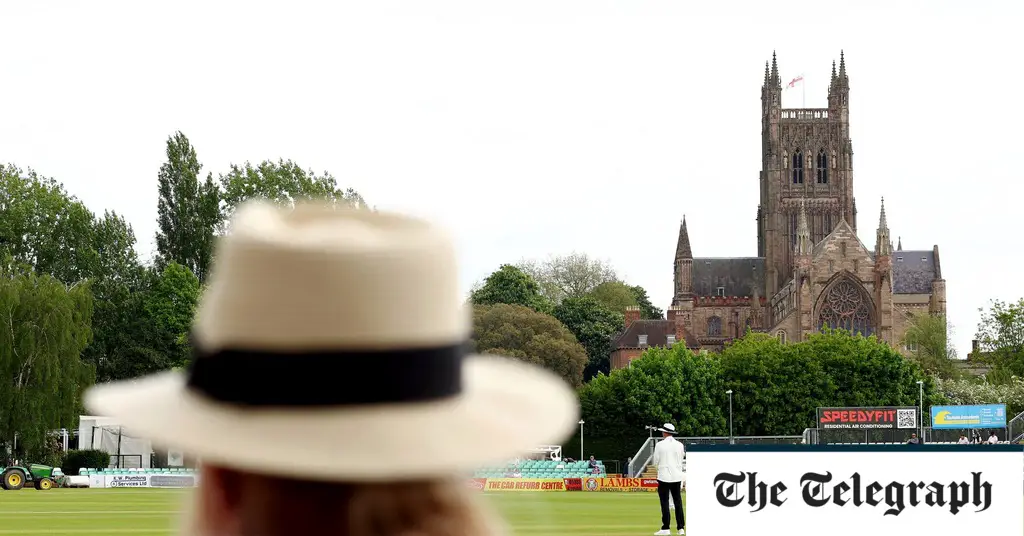In the world of cricket, the landscape is rapidly changing, and with it, the future of many counties is at stake. Adam Hollins, a cricket veteran with over 15 years of experience in the sport, is adamant that every county must add value to the game and justify their funding from the England and Wales Cricket Board (ECB) in order to ensure sustainability and promote the growth of cricket. He emphasizes that as the game and society evolve, some counties have lost their relevance, and simply existing without purpose is no longer tenable. With many counties owned by a relatively modest number of members who may have traditional views about the sport, the need for transformation and change is becoming increasingly evident.
Hollins, who has been instrumental in the cricket scene in Somerset, acknowledges the critical role of strong clubs in inspiring communities and their populations through cricket. He firmly believes that these clubs play a pivotal role in shaping the future of the sport and have a real impact on the communities they serve.
The Changing Landscape of Cricket and the Role of Counties
Hollins also expresses concerns about the new competition, “The Hundred,” and its potential implications for the counties, especially Somerset. He emphasizes the importance of the south west being involved in this new competition, fearing that the future of the cricket club may be at risk if they are left out of the expansion. He is encouraged by discussions surrounding “The Hundred” and advocates for the involvement of the south west in this high-profile competition. His concerns stem from the fact that as the sport evolves and new competitions emerge, it is essential to ensure that the six million people in the south west feel connected and engaged. The alienation of such a significant population, in the context of cricket, is a matter of great concern for Hollins. He stresses that the absence of the south west in top-tier domestic competitions will severely limit the ability to inspire people to play cricket, especially during crucial periods like school holidays.
As Hollins prepares to step down from his current role at the end of March, there are changes on the horizon for Somerset. Former Somerset opener Jamie Cox is set to replace him, bringing with him a wealth of experience from his time at MCC, where he held the position of head of cricket. Hollins intends to continue contributing to county cricket as a consultant, leveraging his extensive experience with Somerset and the ECB. Additionally, a new county partnership agreement between the ECB and counties, which forms the framework for funding, is due to be negotiated in the upcoming year.
The Transformation of Cricket and the Future of Counties
In conclusion, the cricket landscape is undoubtedly evolving, and with it comes a wave of change that impacts the future of counties and their role in the game. As Adam Hollins prepares for the next phase of his career and Somerset braces for leadership changes, the broader cricket community is confronted with the imperative to adapt, innovate, and ensure that every county adds tangible value to the game. The involvement of the south west in top-tier competitions such as “The Hundred” is not just a matter of regional representation; it is about ensuring that cricket remains inclusive, inspiring, and relevant to the diverse populations it aims to engage.
With a new framework for funding on the horizon and fresh leadership at Somerset, the future of county cricket holds promise and potential. It is a time of transition and transformation, presenting both challenges and opportunities for the sport. As cricket enthusiasts look to the future, the ever-present spirit of the game and its ability to inspire communities and individuals remains at the forefront of the ongoing narrative.

